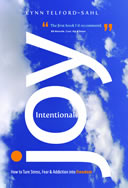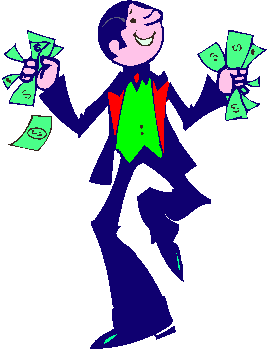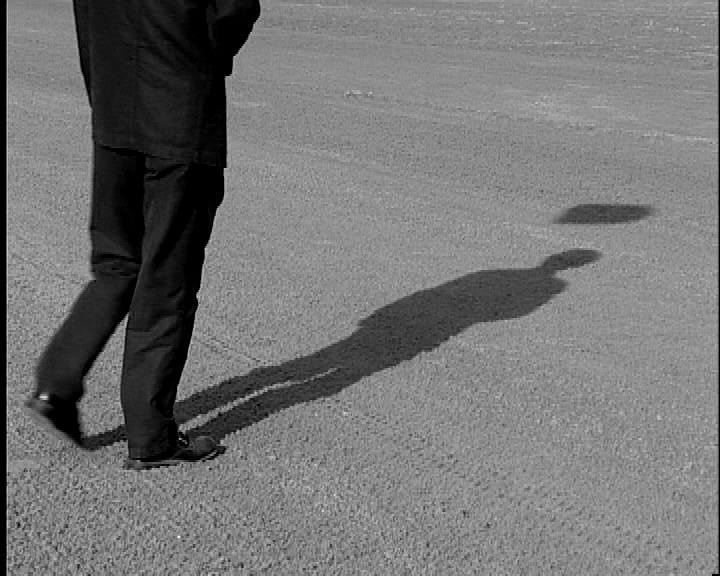The Secret Language of Money
 Monday, October 3, 2011 at 10:22AM
Monday, October 3, 2011 at 10:22AM  6 Comments
6 Comments If you've been reading this blog you know I've been expanding my study of the subject of "money" this year. We need to know how to manage our money beyond the nuts and bolts of budgets and retirement planning. Do you know why you have trouble getting past certain life long money patterns? To understand what's drives the bus of your challenging money behavior here's a story from "The Secret Language of Money" by David Kreuger MD. Two anthropologists went to two separate yet identical ape colonies to live and observe for a year. After the anthropologists finished their year they compared notes. One had been accepted and assimilated into the colony, the other never was. They couldn't understand why - until one anthropologist admitted he had kept a gun with him. He never used it or showed it, but at some level, he knew it was there. The gun kept him from fully committing - it was his out.
Money" by David Kreuger MD. Two anthropologists went to two separate yet identical ape colonies to live and observe for a year. After the anthropologists finished their year they compared notes. One had been accepted and assimilated into the colony, the other never was. They couldn't understand why - until one anthropologist admitted he had kept a gun with him. He never used it or showed it, but at some level, he knew it was there. The gun kept him from fully committing - it was his out.
Now, how does the anthropologists hidden gun relate to the story we make up and play out with money. Dr. Kreuger says our money stories are "the subconscious tale you tell yourself about who you are, what money means to you and what it says about you. Our money story isn't only about money. It's about everything." (Kreuger)
What does your money story say about you? Ask yourselves these questions: 1) What's the greatest annual income I can reasonably expect to earn? $_____ 2) What is the greatest annual income my money story will allow me to have? $_____ Until you become aware of the story that lives underneath the way you  operate with money, nothing will really change. Oh, you can create a budget, or tinker with affirmations, but I know from experience that until there's a deep inner shift created with awareness and new behaviors and practiced over time, your money story can't really change.
operate with money, nothing will really change. Oh, you can create a budget, or tinker with affirmations, but I know from experience that until there's a deep inner shift created with awareness and new behaviors and practiced over time, your money story can't really change.
 Lynn Telford-Sahl tagged
Lynn Telford-Sahl tagged  bankruptcy,
bankruptcy,  dave ramsey,
dave ramsey,  financial advice,
financial advice,  financial stress,
financial stress,  make more money,
make more money,  money management,
money management,  money secrets,
money secrets,  money story,
money story,  money stress Central Valley,
money stress Central Valley,  money talk
money talk











